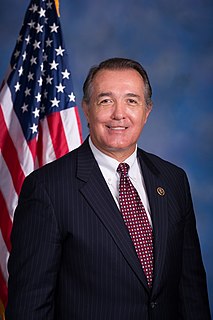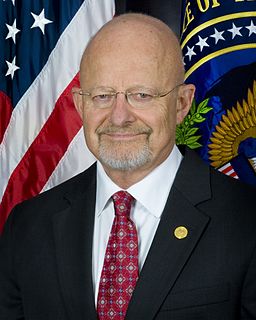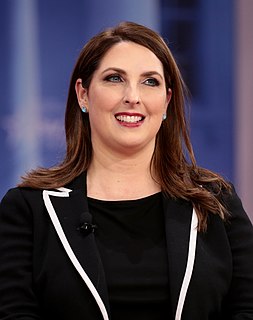A Quote by Steve Kornacki
Typically, the view of party leaders is that primaries are best avoided. Better to coalesce around a consensus candidate early, help that candidate amass a mighty bankroll, and focus the attention of volunteers, activists and other stakeholders on the general election.
Related Quotes
If Donald Trump is our nominee, I don't think that he represents the best our party has to offer either in temperament or qualification, and I think he's the weakest candidate that is in the race at this point in terms of the general election, and that to nominate him is to give Hillary Clinton a much better chance of being president.
As far as party primaries are concerned, both Republican - and Democratic - Party primaries are dominated by the most zealous voters, whose views may not reflect the views of most members of
their own respective parties, much less the views of those who are going to vote in the November general election.
After the election of George McGovern in 1972 as a peace candidate - I should say his election to the nomination of the Democratic Party - the party changed the rules to steeply tilt that playing field, creating superdelegates and Super Tuesdays that make it very hard for a grassroots campaign to prevail.
































